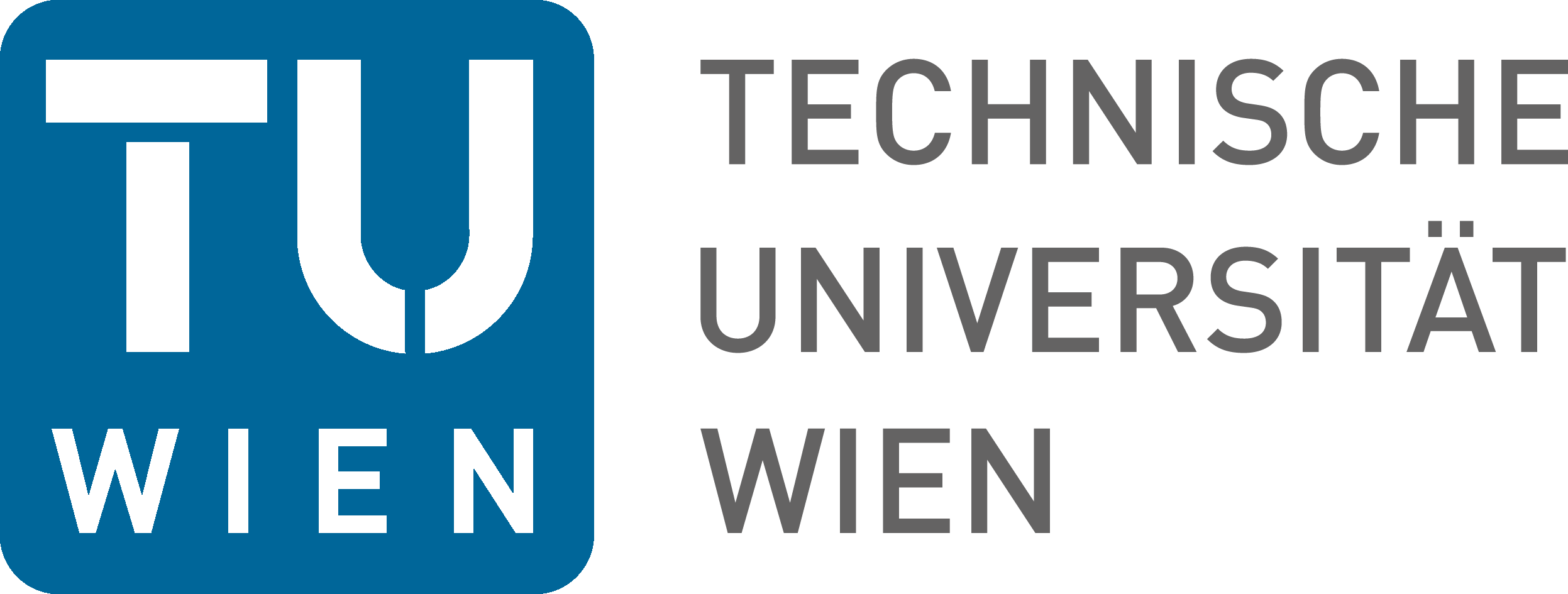
The International Workshop on Mobility Transformation
4 June 2019, TU Wien, Vienna, Austria
This workshop takes place in conjunction with the conference Communities & Technologies 2019. It is about creation of a multidisciplinary, up-to-date definition and discussion of the concept of mobility in our society. After achieving a common understanding among the workshop participants, a guideline, means, or measures will be cooperatively generated to initiate the building of a research community on this subject in the context of ongoing digitalization processes. Furthermore, future activities will be planned in a coordinated way. Considering different view points coming from different disciplines will enable a multi-layered hence related conceptualizing of the term mobility, which will be discussed in an interactive format. The aim is to create a holistic view to mobility and an informed discussion among participants to tickle emerging challenges, possible solutions, and future developments in the course of digital transformation of our society and the role of digitalization in transforming mobilities.
Background and Motivations
Communities are social entities comprised of people who share something in common. In urban areas, this common element may be geography, needs, goals, interests, ways of living together, or services provided by the city. Technology can help to form communities and support their development and existence by providing services, e.g., for exchange and sharing to achieve their common goals. If designed and introduced properly and appropriately, technology might even contribute to their sustainability. In times of transformation, communities and technologies evolve. New methods and approaches are needed desperately to understand and support societal interactions, in which mobility and mobility services might take on a central role.
Nowadays especially in urban areas, we are dealing more and more with contradicting requirements on mobility and mobility related issues. On the one hand, there are innovative technological developments, like autonomous vehicles that are meant to initiate new ways of transportation and, in the follow, new life styles and transport systems in modern (smart) cities. On the other hand, a thorough understanding of mobility patterns of people, their needs, and economic givens as well as incentives for the improvement of their mobility behavior are needed to motivate and support citizens to rethink their mobility habits. Mobility service providers are the other part of this endeavor. They need strategies, directions, and measures to decide and further develop innovative services to facilitate the mobility transformation of our fellow citizens, hopefully into a sustainable and societal as well as environmentally friendly manner. The impact of possible changes in mobility on our social and natural environment completes these complex interrelationships that we want to tickle in this workshop.
Related Research
The digital age has a huge impact on the
MaaS ecosystems need to balance between standardization, e.g., of interfaces or processes, and an open and attractive market to provide new types of more flexible mobility services. Legal requirements and regulations can shape and enable the ecosystem, but if the established regulations are too strict it might make an investment unattractive for private stakeholders. On the other hand, the role of public sector is very important, especially if we take applying socio technology to new developments and innovative services seriously. The involvement of the public sector can be in different scales. If we consider three trajectories MaaS entails (Smith, Sochor & Karlsson, 2018a) - market-driven, public-private, and public-controlled developments - the role of the public sector is the highest in public-controlled and the lowest in market-driven developments. Public-private developments build a mixture and involve the public sector also in entailing service integration processes.
Another issue in MaaS discussion is the different dimensions of barriers (Smith, Sochor & Karlsson, 2018b): laws and regulations as well as the perception of them on an external level; inherent differences across organizations; collaboration processes on an inter-organizational level; lack of innovation tradition, bureaucracy, political control on an organizational level; lack of strategy and prioritization on an intra-organizational level; and high levels of dependency on specific actors, monopoly-like market, high business risks on a conceptual level. To be successful in the development of MaaS, a strong vision needs to be defined which builds upon the objectives of cities (Smith et al., 2018).
There is an uncertainty factor if it comes to take more responsibility in shaping the future (Lyons, 2017), especially if it is about complex topics like in mobility transformation of citizens. This is something that this workshop is aware of and wants to make explicit to discuss among experts it gathers.
References
- W. Bijker, J. Law (Eds.). 1992. Shaping Technology, Building Society. MIT Press, Cambridge, MA.
- G. Lyons. 2017. "How to shape transport in the face of an uncertain future? Challenges for research, innovation and policy". In Symposium on "Look back, think ahead, move forward", 4-5 May 2017, Vienna.
- G.Lyons. 2016. "TransportAnalysisinanUncertainWorld". Editorial for Transport Reviews, 36(5), 553–557. http://dx.doi.org/10.1080/01441647.2016.1194613 (open access)
- G. Smith, J. Sochor, M. Karlsson. 2018a. "Mobility as a Service: Development scenarios and implications for public transport Research in Transportation Economics". doi:10.1016/j.retrec.2018.04.001
- G. Smith, J. Sochor, M. Karlsson, M. 2018b. "Public-private innovation: barriers in the case of mobility as a service in West Sweden". In Public Management Review, doi:10.1080/14719037.2018.1462399
- G. Smith, S. Sarasini, M. Karlsson, D. Mukhtar-Landgren, J. Sochor. 2018. "Governing Mobility as a Service: Insights from Sweden and Finland". In The Governance of Smart Transportation Systems
International Workshop on Mobility Transformation at C&T 2019
TU Wien
Karlsplatz 13
A-1040 Vienna, Austria (Contact)

